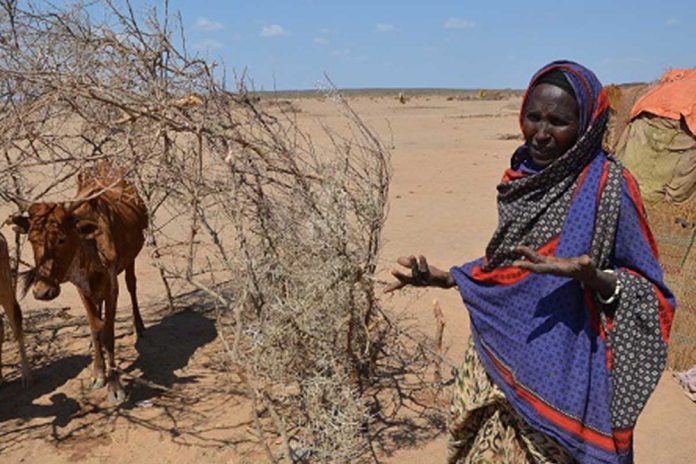The UN Food and Agriculture Organisation (FAO) stated nearly 13 million people are suffering from a shortage of agricultural aid in Ethiopia.
In a report released on Friday, the organisation warned of complex humanitarian challenges caused by climate shocks, economic instability, military conflicts and threats to the food chain. Problems worsen with limited access to staple foods, even in areas where food production is plentiful.
The report outlined several hard-hit areas of Ethiopia, including Tigray, Afar, Amhara, Oromia and Southern Ethiopia, emphasising the impact of conflict in the north and the vulnerability of southern and south-eastern pastoral areas to drought.
The organisation particularly highlighted the importance of providing timely support to improve access to agricultural resources in these regions, as they are particularly fragile to extreme weather events, conflict and other shocks.
The FAO is anticipating a humanitarian response plan for 2024, with funding of $175 million to support 5.46 million people across the country. Assistance includes improving crop yields and productivity, protecting livestock assets and rehabilitating veterinary facilities.
More than 80 per cent of Ethiopians live in rural areas, relying on agriculture for their livelihoods and income, according to the report.
